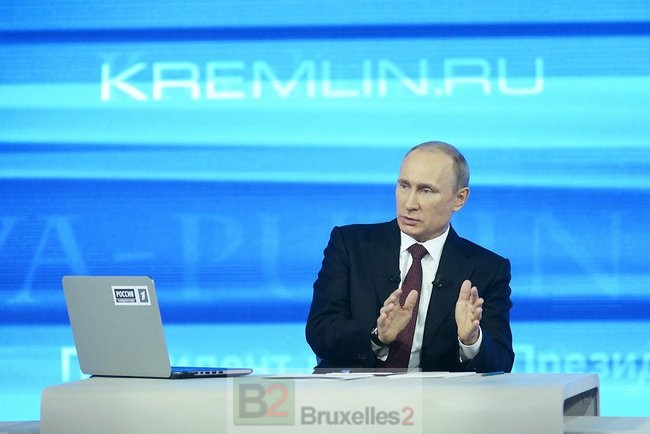Georgia: more effective controllers than current observers?
 (BRUSSELS2) While the European Union, united this
(BRUSSELS2) While the European Union, united this
Wednesday in the exceptional Council of Foreign Ministers (read: Ossetia-Georgia: the 27 decided to act. What was said in Brussels), and particularly the Frenchman Bernard Kouchner, raise the possibility of sending an EU observation and control mission to Georgia, one can wonder to what extent these controllers will have more power and freedom of action than had none on the ground, even today, the United Nations Observer Mission in Georgia (UNOMIG) so far. Just read the latest investigation report of the UN Secretary General, published at the end of July, on the situation in Abkhazia (part of the Georgian territory which seceded and proclaimed itself independent) to understand the full difficulty of such a mission.
NB: Led by the Pakistani general, Niaz Muhammad Khan Khattak, UNOMIG had (as of July 14) 130 military observers – including around fifty from Member States of the European Union (1).
The positions of the irreconcilable parties
This report had identified, in recent weeks, a “considerable deterioration of the situation on the ground, both politically and in terms of security”, reporting on violations of the ceasefire, both on the Russian or Abkhazian and Georgian sides. And, politically, the points of view were as irreconcilable as ever. The Abkhazians demanded the withdrawal of Georgian forces from the upper Kodori valley and the signing of a document on the non-resumption of hostilities first. The Georgians stressed the need to change the format of negotiations and peacekeeping forces, giving a role to the European Union and the OSCE.
 Staff reinforcement
Staff reinforcement
At the end of April, the Russian Federation had thus reinforced the peacekeeping force of the CIS, by “the introduction of personnel and military equipment into the conflict zone” including an airborne battalion of 525 men stationed, responsible for increasing surveillance of the limited weapons zones in the areas of Tkvarcheli and Otchamtchira along with 20 men attached to existing battalions of the CIS peacekeeping force, deployed in the region below Gali”. At the same time, the Monug had “seen its freedom of movement restricted on several occasions by the de facto militia” (Abkhaz). In the upper Kodori valley (controlled by the Georgians), the mission noted the “construction of new infrastructure, including a road network, housing, a logistics facility and fuel tanks”, which appeared to exceed needs.
Airplane flyovers
Monug had also recorded several incidents and violations of the ceasefire, both on the Russian-Abkhaz and Georgian sides, including several aircraft overflights. “The Mission was able to verify five flights of Georgian drones over the territory under Abkhaz control, on March 18, April 20, May 4, May 8 and May 12, 2008. The Abkhazians had announced that they had shot down seven drones. The Georgians had started by denying their presence and then ended up recognizing “having lost three drones in total”. The fact that one of the drones shot down on April 20 was shot down by Russian forces also constitutes “a violation of the ceasefire” (…) “On May 17, two fighter jets were seen entering the restricted weapons zone above the Senaki training area”. etc
 Serial explosions
Serial explosions
Additional sign of tension: the “indiscriminate bombing of public spaces in Gagra, Sukhumi and Gali”. In Gali, in the area under UNOMIG responsibility, “the most serious incident ever observed in recent years” occurred on July 6: an explosion in a café in Gali near the UNOMIG sector headquarters, 1 dead and 1 injured in the ranks of UNOMIG (linguistic assistants).
(1) 12 Germans, 3 Austrians, 5 Danes, 3 French, 4 Greeks, 7 Hungarians, 2 Lithuanians, 2 Poles, 5 Czechs, 2 Romanians, 5 British, 3 Swedes.
Photo credit: Unmomig

